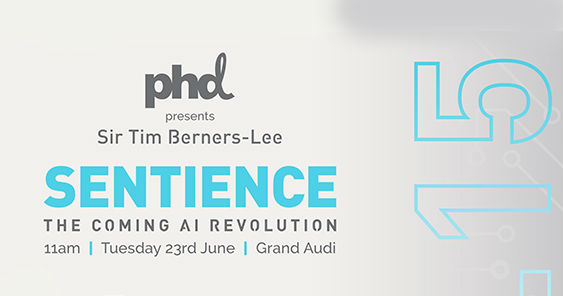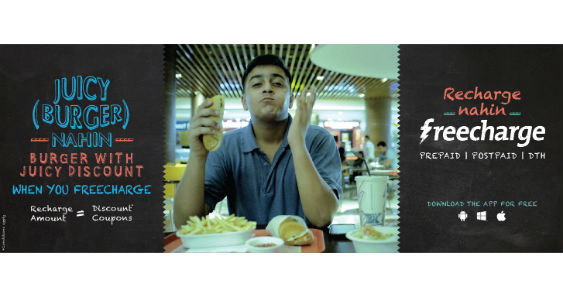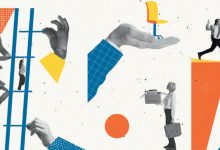by Anna Gamboa
CANNES – Artificial Intelligence (AI) is no longer in the distant future, but is already at our doorstep. When it comes to the countdown to AI Eve, mankind is already poised at 11:59PM. Twenty-seven billion U.S. dollars has already been invested in research and development for the next technological epoch, and technological advances have paved the way for its emergence: unstructured data; increased use of algorithms; and increased computer speed.
Talents from various fields have already gravitated toward the study and development of AI, and even Google’s lab isn’t far behind. Ray Kurzweil, head of engineering at Google, believes they will get there by 2029.
Speaking at the Cannes Lions presentation “Sentience: The Coming AI Revolution”, Mike Cooper, Worldwide CEO of PHD Worldwide says in 15 years everything that was electrified will be cognitized, and the cross-platform potentials will be endless. He illustrates this with an example: virtual personal assistants in the future, prompted by a flight delay, may rebook your hotel stay and inform family members—all thanks to a series of algorithms and technological advances that makes computer processing fluid.
Sharing his views backstage, Cooper professes that he thinks that AI will be doing the purchasing decisions in the future because busy humans may be delegating the process to technology. “Advertising [may cease to be] a frontal cortex process, and becomes something driven by technology,” he says. But to allay fears, he adds: “When you get a new technology, its anew platform to be creative and innovative in that space. The people that tend to get that first, are the people that tend to own that space. AI is massively relevant for everybody.”
This impending AI revolution is also set to change the way people work and Cooper echoes the concerns of forward thinkers like Stephen Hawking and Elon Musk—that the possible risks should be managed—despite the profound implications AI will have on humanity (much like the invention of electricity).
Many of us have witnessed how IBM created Deep Blue and set it against a chess master in 1997, then created Watson–programming it with a vast knowledge of past Jeopardy questions—making the first AI winner of the popular game show in 2011. The latter supercomputer/AI is now assimilating vast quantities of medical data, in the hopes that it can do complex scenarios like run clinical trials without an actual human being feeling the adverse effects of an experimental drug.
One of the founding fathers of the World Wide Web, Sir Tim Berners-Lee, who also spoke at “Sentience” shares his thoughts about the impending AI revolution. Berners-Lee, speaking rapidly, points out: “I think people don’t see how things work…they don’t realize that search engines have been picking up data…and now the machine is starting to understand the document, rather than just point to it.”
A sleeping giant is set to wake up, so to speak, as the AI revolution is set to start as the world’s information transforms into what is, ostensibly, consciousness but with intelligence greater than every living human being on the planet. Berners-Lee ran through several scenarios possibly involving AIs, not necessarily all rosy—but not all gloom and doom (read: the Skynet scenario) either.
For instance, Deep Mind, which was recently bought by Google, can tackle the complex problem of looking at a screen and figuring out how games work—the same program playing Pong, PacMan, and increasingly complex games which required the program to think on its own and win—can eventually take over the task of a person commanding a drone taking out supposed terrorists. On the other hand, Berners-Lee is looking forward to a future where driverless cars will be the norm, which will change the way open planning is done in cities or populated areas.
What excites Berners-Lee though are the possibilities presented by open data, as researchers can easily contrast and compare data from different disciplines, which can save resources and as the co-creator of the web enthuses: “there’s lots of really cool data out there.” Twenty-six years ago, having a website was almost unthinkable, but now it’s not enough to just have a website, but data as well. “I’m always pushing people to put data on the web,” he says. Barring privacy issues, he thinks it’ll be wonderful that “we will see a revolution in access to personal data,” because it is data that will feed and drive sentience.
Cooper elaborates that AI will pass through and change marketing delivery as we know it, as tools merge and become one. Human decision making will be purged, and technology architects will become creative technology architects. “The creative potential is vast,” he reiterates.
Change is definitely upon us as technology, science and creativity come together to make important and significant paradigm shifts that will impact the way we interact with the world, as the seconds tick down to AI’s 12 midnight.










